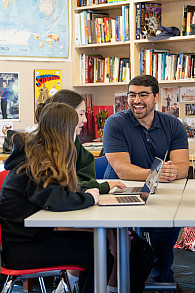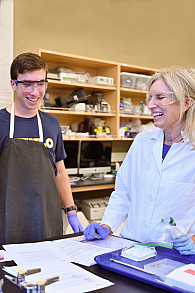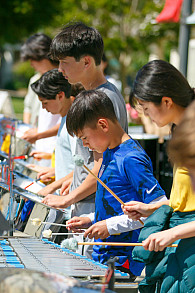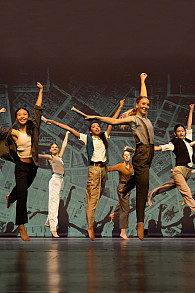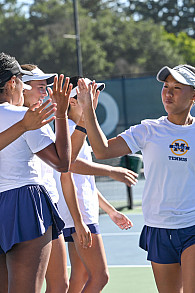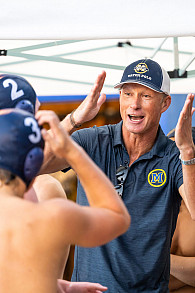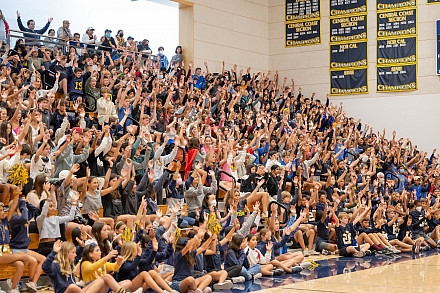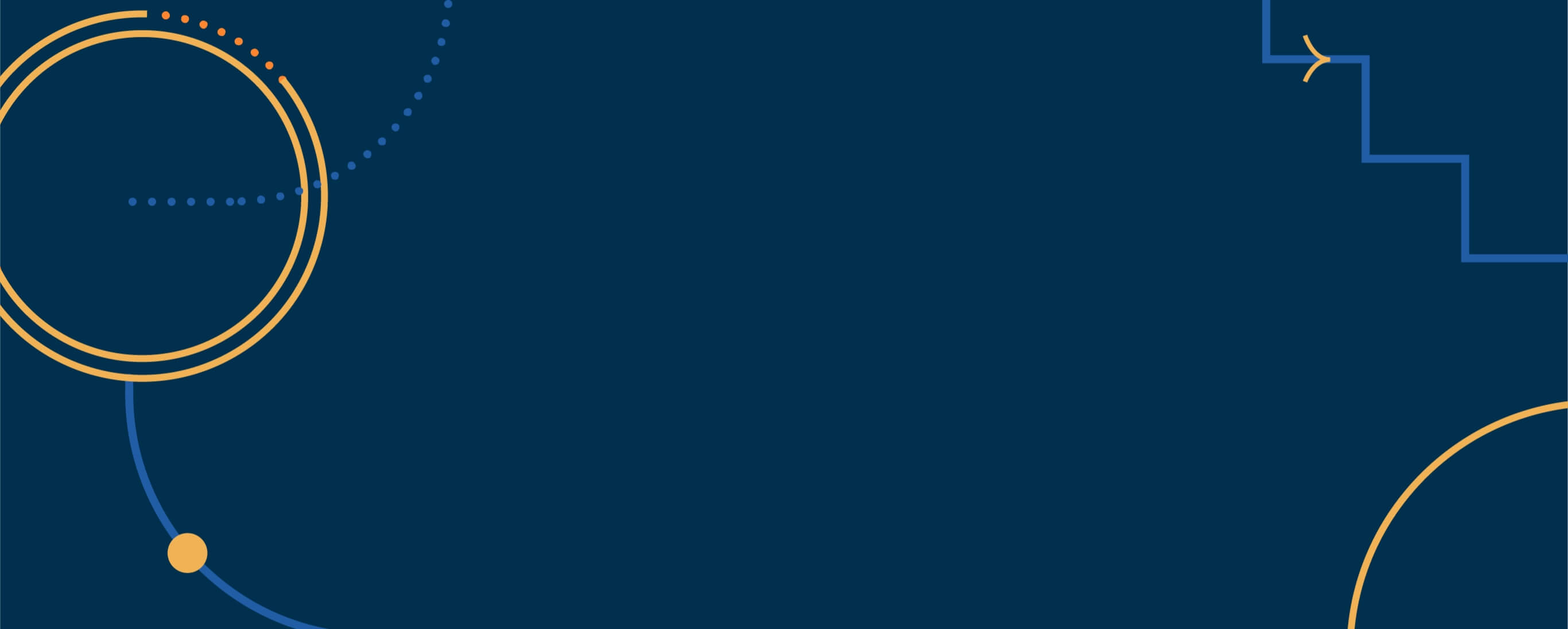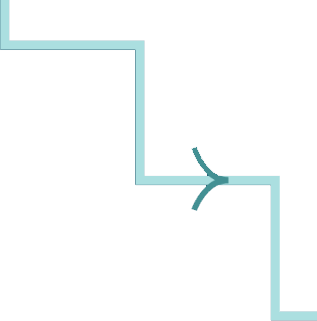Biography
In this course, students continue to hone the science fundamentals they developed in sixth grade. They deepen their understanding of the physical, biological, chemical, and engineering world while drawing on key concepts explored in the prior year. Students use scientific practices to generate hypotheses, design and conduct experiments, gather and analyze data, argue from evidence, and form meaningful conclusions. Students strengthen their observation, listening, writing, and speaking skills through a variety of experimental, written, oral, and visual tasks. In addition, this course actively contributes to the seventh grade interdisciplinary goals of developing study skills, improving organization and time management, and practicing mutual respect and tolerance through cooperative learning.
We will begin the year by investigating and exploring the nature of science by planning, implementing, analyzing, and communicating our designed experiments. Students will apply these skills as we move into our first unit in astronomy, where we will focus on understanding how the universe formed and continues to change. Next, students will zoom into one part of the universe, the Earth, where they will dive into its history, formation, and surface dynamics through weathering and erosion. They will use their observational skills by practicing how to identify rocks and minerals. Also, they’ll learn how fossils form and why it is so rare. Then, students will study how living organisms are classified and evolve. Next, students will use this knowledge to look into the debate and science surrounding global climate change and human impacts on natural ecosystems. Throughout the whole year, we weave in an overarching project that integrates a National Park of their choice. In each unit, they will apply their skills of asking questions, problem-solving, research, communication, data analysis, modeling, and engineering to their park.
Students will continually work towards becoming ambassadors of science. There will be an emphasis on open-ended dialogue, and students will be expected to go beyond Knowing by Doing. As we explore the various topics and practice the skills of a scientist, we will also continually ask the question: “How does science affect me and the world around me?” While answering this question, it is my hope students will become aware of the scientific issues of the day and learn how each of us is connected to the Earth and to each other.
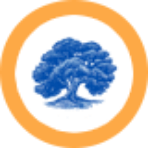 MENLO SCHOOL Since 1915
MENLO SCHOOL Since 1915